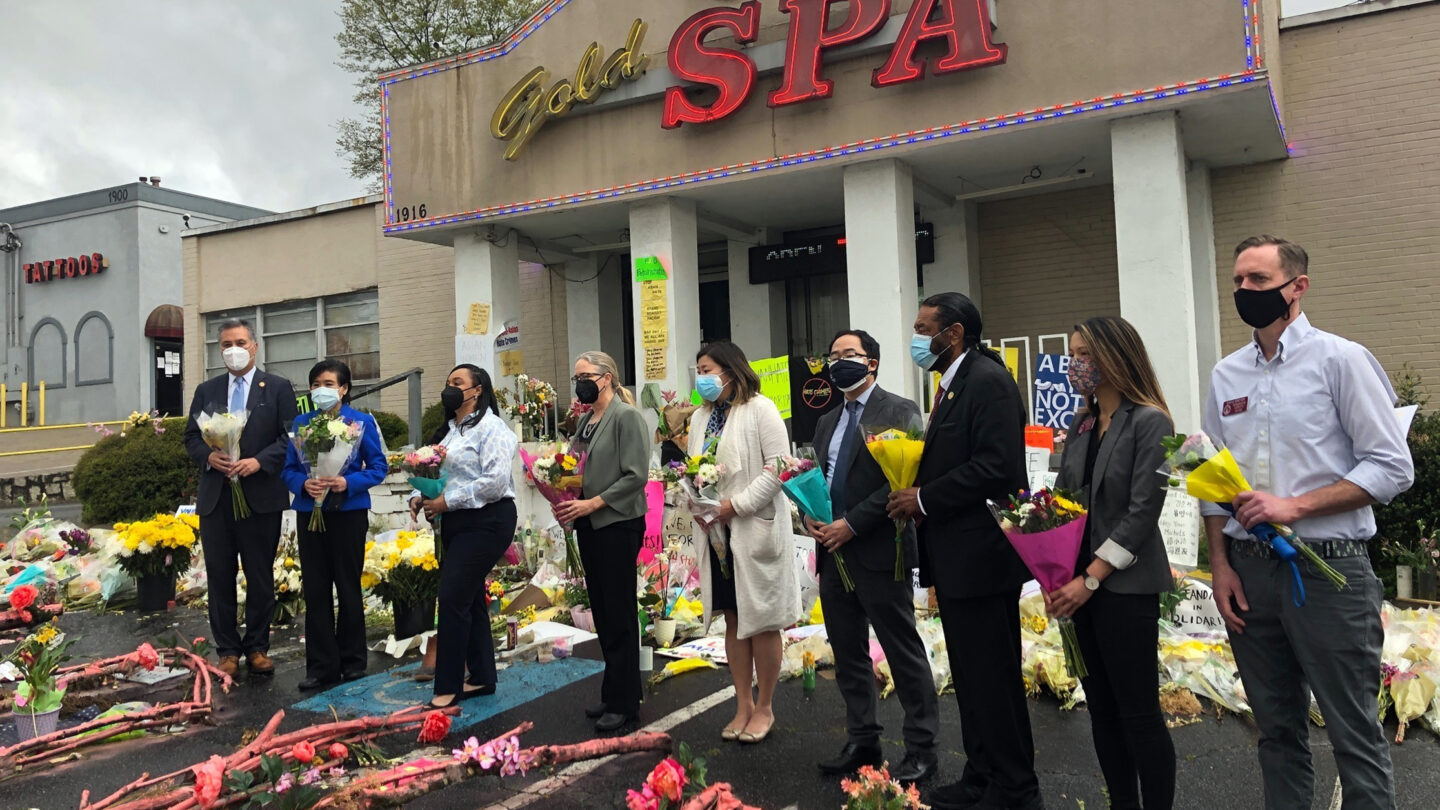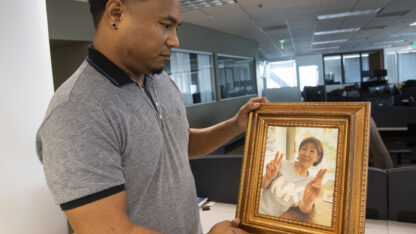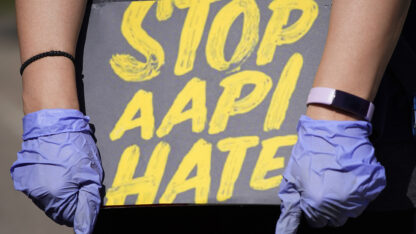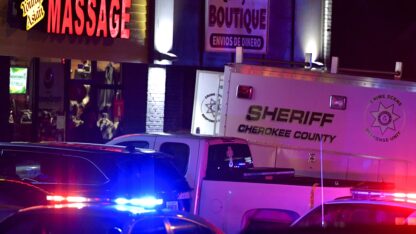AAPI journalists reflect on mistakes made in coverage of Atlanta spa shootings

Within 24 hours of the spa shootings in Atlanta and Cherokee County in March of 2021, the Asian American Journalists Association pushed to try and make sure newsrooms across the country respected the victims and got the story right.
That included guidance as simple and significant as making sure the full names of the victims were said and pronounced correctly, giving proper context to historic stereotyping and hypersexualization of Asian women.
In the days following the shootings, officials began releasing the names of victims. Janice Yu, a reporter for Fox 5 Atlanta, was one of the first people to notice the Fulton County Medical Examiner’s office had mistakenly released partial names of the Korean women. The names were technically incorrect and some of the victims’ first names were missing.
“My immediate reaction was, ‘Oh, no, no, no, no, I know this news release is going out nationally,'” Yu said. “I just need to make sure I correct this.”
Yu called the medical examiner’s office and they fixed the mistake. Then, she and other AAJA members anticipated that people would struggle to pronounce the victims’ names. So, she and NBC journalist Frances Wang released a video on how to correctly pronounce their names.
The AAJA also released a pronunciation guide for the names of the victims, many of whom have Chinese and Korean-language names.
In its guidance, the AAJA also cautioned against using language that fueled the historic hypersexualization of Asian women. They recommended that in describing the businesses affected by the shootings, newsrooms should refer to them as “spas,” “businesses” or by their proper names — not a “parlor.”
Doris Truong is the director of training and diversity at Poynter, a journalism nonprofit focused on media ethics and literacy. She was on the phone with another Asian American journalist when the news of the shootings broke. “Massage parlor” was a term used by some news organizations referring to the businesses where the shootings occurred.
“Both of us were just like, ‘Oh, you know, massage parlor … that’s so interesting because this is probably something involving Asians or Asian Americans’ … And then, of course, as the news stories unfold, it became clear that there were victims who are Asian, and the language kind of persisted into the next day,” Truong recalled.
Truong said having a newsroom with not only racial diversity but journalists with various socioeconomic statuses, geographic locations and life experiences can help prevent harmful and inaccurate reporting.
“It’s important to have those conversations within the news organization and across different titles, different roles to [ask], ‘Is this something that serves the greater public interest? Is there potentially any harm that would come to someone in the audience, or one of our sources, if we put this out there without thinking further about [it]?'” she said.
Truong said that it isn’t necessarily about having a racially diverse news organization, but ensuring that an organization represents a variety of life experiences.
“Having people with life experiences around all different kinds of stories that might need to be covered for your community is really important because you’re going to bring different levels of nuance, different questions, different framing, even for the sources and for officials, as the story of developing,” she said.








